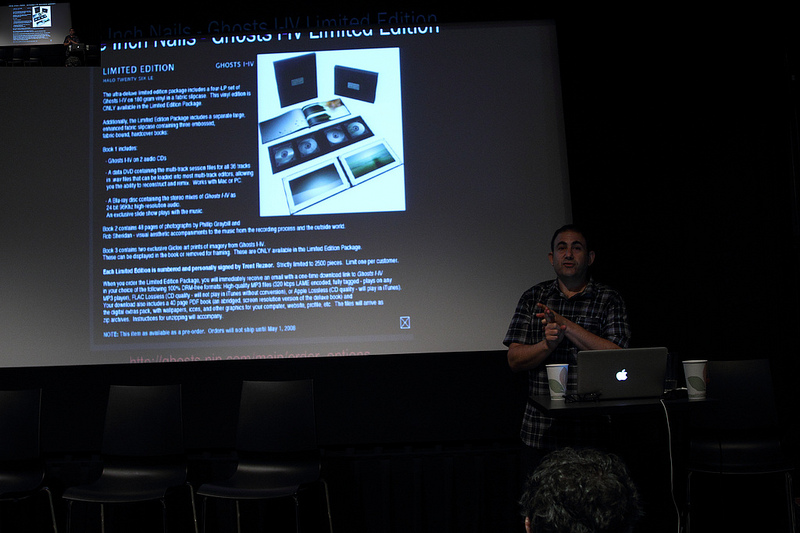Top 10 Things Learned in the IFP PMD LAB

Top 10 Things Learned in the IFP PMD LAB By Jon Reiss I have had the good fortune to be involved in IFP’s Independent Filmmaker Labs for the past several years now and I have seen innumerable benefits to the films and filmmakers who participate. The Labs provide an opportunity for first-time filmmakers to […]
The Importance of Events in Your Career Toolkit
This week’s TOTBO video concerns the importance of redefining the nature of theatrical. In this clip I speak about how creating a “live event” for your film can be an essential aspect of your film’s release. As I’ve said before I feel that theatrical must be redefined as live event/theatrical. Eventually I feel the term […]
IFP Presents Think Outside the Box Office Workshop with Jon Reiss
Very excited to be bringing the Totbo 2 Day Workshop to NYC! June 5th and 6th. Nuts and bolts strategy and implementation. London and Amsterdam went great – Check out the fun from London. Click here for more info…
IFP Announced Conclusion of “Made in NY” Mentorship Program
Press release published on ifp.org. New York, NY (April 29, 2010) – The Independent Filmmaker Project (IFP) and the NYC Mayor’s Office of Film, Theatre and Broadcasting announce the conclusion of the inaugural year of its “Made in NY” Mentorship Program, a career development program supporting and promoting diversity in the New York City entertainment […]